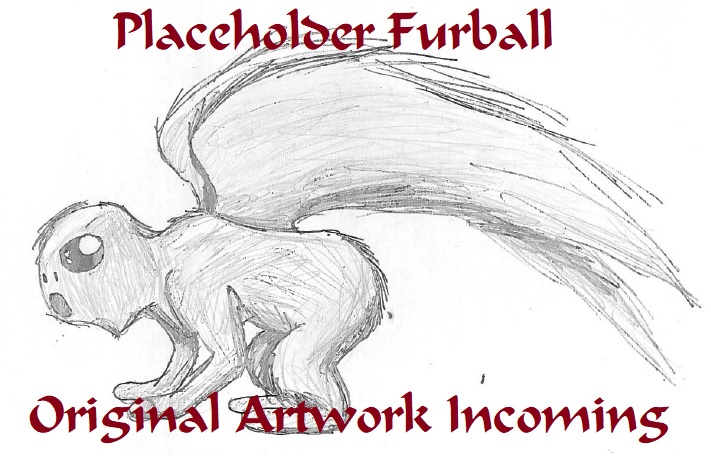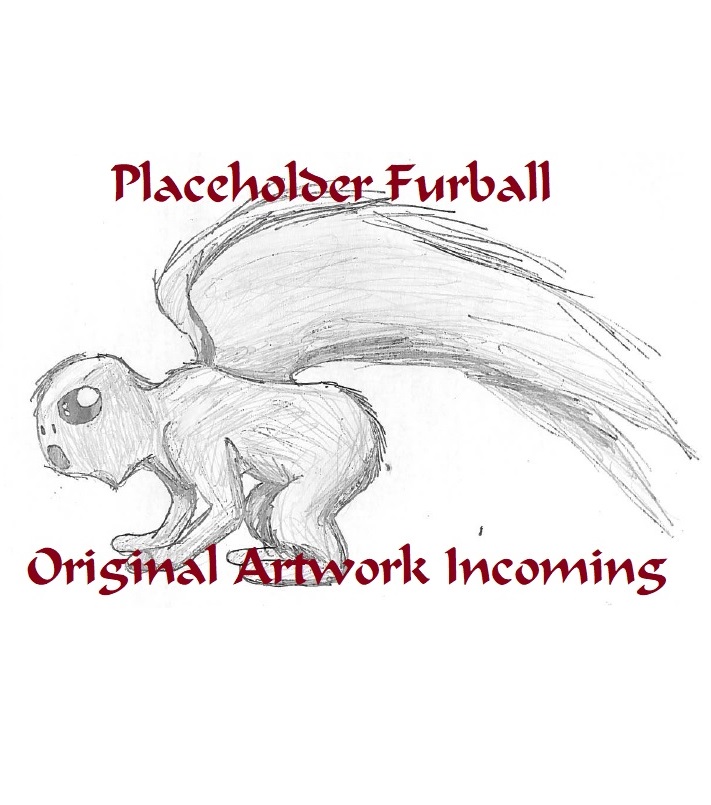Magibility
Being able to cast spells, a fundamental ability lacked by too many.Magibility is the name for the physiological condition allowing specific individuals of the human species to perform and manipulate magic. Humans with the magibility condition are called Magibles, humans without can be called Nonmagibles (common in scientific context) or Mundies (popular term).
Larsius Brent, Magibility Researcher.
Causes
Magibility is primarily determined by genetic factors. Magibility genes are volatile and easily mutate so that mundie parents might have magible children at a 0.5 % chance (known as sparks) or magible parents might have mundie children at a 2 % chance (known as sprouts). Children of couples in which the mother is magible but the father is nonmagible has an 80 % chance of giving birth to a magible child. Children of couples in which the mother is nonmagible but the father is magible has a 40 % chance of being magible. The reasons for this have been the topic for many decades of research expanded below. *text book diagram of combination possibilities*
Social Effects
Depending on the time period in which an individual lives, being born with magibilty can be a blessing or a curse, especially if it is different from the magibility status of the parents. When magible's and mundies lived together, magibles would typically have an easier time accumulating wealth and prosperity. Many goods and services which mundies had to purchase such as clothes, medical treatment and furniture or do such as chores, were free, easily done using magic or easily obtained for magibles. In addition, farms, production lines and workers were more productive when a magible was involved, so magibles quickly reached the top of the food chain in many career lines. This made having magibility prestigious and desirable to nonmagibles, as it seemed to fix all problems, and made it a high priority to obtain magibility for the children, much like modern parents of many societies must save up to get their children into college. Children with parents of the same magibility status as the child, would typically be accepted and guided by the parents, but sparks and sprouts had to find their own way and in some time periods it was with their lives at risk. *drawing, abandoned child in the woods*
Sprouts
Within magible families it was in some eras considered shameful to be nonmagible or to give birth to a nonmagible child. The lack of magibility in their offspring would indicate to their surroundings that the magibility of their blood wasn't pure, and it would reflect on siblings and cousins in that they would be less attractive to potential spouses as the purity of their blood was now in question. In some periods, the birth of a nonmagible child could in extreme cases lead to the abandonment of the child and the separation of the parents, as arguments would rise about who brought the impurity into the relationship.
Reliable sources report that the latest addition to the ancient family of Pestin is in fact a sprout. The young Alexander Pestin, son of Cornelius and his new wife Karlotta Pestin (of the Curalon family) has yet to show any sign of magibility. We, here at Magible Gossip, have no doubt that the young Karlotta have brought this misfortune into the family. How the Pestins will react to this is unknown, but our reporters will valiantly try to find out for next week's issue of Magible Gossip.Article in Magible Gossip, 1852
Sparks
The opposite could be true for nonmagible families, a classical example being the time of witch burnings. In these eras it would be common to attempt hiding a nonbeneficial magibility status. This entire predicament put pressure on magical researchers to look for the origin and "cure" of nonmagibility and later led to the development of surgical activation procedures.
Magibility Research
Magibility has been a central line of study from medieval times and forward, due to magibles wishing to find mundieborn magibles and decrease the risk of creating sprouts or activate the magibility systems within sprouts and other magibles.
In research of Magibility we have three main questions to answer. How does it work? Where does it come from? and how do we manually mimic that to implement in nonmagibles? Answer this, and we'll be masters of magibility. Larsius Brent, teaching at Stormerki International
Physiological Explanation of Magibility
Magibility has been found to have a system similar to and closely connected to the lymph system. This Magibility system has been found to exist within all humans, including Mundies, but only be active within magibles. Activity can be obtained through an activation caused by genes or through stimulation during fetal development, as described below. Activation of the magibility system has been found to originate from the Thymus (an organ located close to the throat) from where the magical energy flows calmly outwards along the magibility system to the skin when not in use. When a magible is using magic they manipulate this flow of magical energy for different effects. Damage to this system modifies the ability of an individual to use the damaged part of the system. An example is Uthgaard the Unlucky, who had to relearn spellcasting with his left hand after a Disenchantment spell backfired and disconnected the part of his magibility system residing in his right arm. The removal of thymus leaves the magibility system completely inactive. *drawing, magible system damage*
Magibles with no Magibility Genes
Hypotheses suggest that 9 months in a magible mothers belly surrounded by her magible system increases the chance of a child's magible system initiating spontanously, which is why children of a magible mother has a higher chance of being magible. This is indicated by genetical findings in magible children of nonmagible fathers and magible mothers, showing that some did not have magible genes, even though they had magibility. Later studies showed that boys with magibilty but without these genes, had the same chance of producing magible offspring as any nonmagible male. *anatomical drawing, fetus in mothers belly*
Surgical Activation of Magibility
With this procedure, anyone could begin using magic. This could revolutionize humanity as we know it. Surgeon at Magible Procedures ConventionIn 2103 a breakthrough in reasearch lead to the development of a surgical procedure which could activate the magible system by stimulating the thymus with a magical implant. The procedure in the beginning was mostly popular among magible families wishing to turn their sprouts magible. The procedure was incredibly expensive, and therefore only mundies that were very well off could afford it. As no genetical information was changed, each new family member of a mundie family would need the procedure to maintain the magibility of the family, with the exception of sparks stimulated by the magible system of mothers with implants. *Magibility implant progression chart* Early implants turned out to slowly deteriorate, resulting in the recipient losing their magical ability and needing a new implant. Each magical implant would have a slight difference in its magical nature, meaning the recipient would need to renew their magical training to get to know the nature of their "new" magible system. This issue was solved in editions released 70 years later. As the magible system generated by a thymus implant was not the natural magic of the individual, life expectancies of recipients fell drastically compared to normal magibles and even mundies as the generated magic damaged nearby systems.
When cristianity spread during the middle ages magibles were hunted and sought for everywhere. Even though most magibles knew how to protect themselves, many mundies suffered at the hands of their own kin, and so magibles decided to go into hiding, this is know as the Secrecy Initiation.
In modern times mundie society was considered grown enough to be reincluded in magible society. Though it didn't sit well with everyone, this led to Reunification
Related content
(will be blocks) Larsius Brent -Magibility researchers leading the development of magibility implants Magibility Activation Surgery -Surgery for activating the magibility system.Remove these ads. Join the Worldbuilders Guild

















It's really nice, this article is. Gives a good definition of what it is, and what it does, how it is viewed. I think that this article could use some quotes
to help set the mood, or maybe some explanation of the rationale behind the percentages, but overall this is a great article :) Looking forward to reading more.You're right it might also break up the text wall some, i'll try to think of some :) like the top one, yea?